Home Improvement
The answer depends on the area where the home is located, the condition of the property, and if any updates will actually add to the sale price.
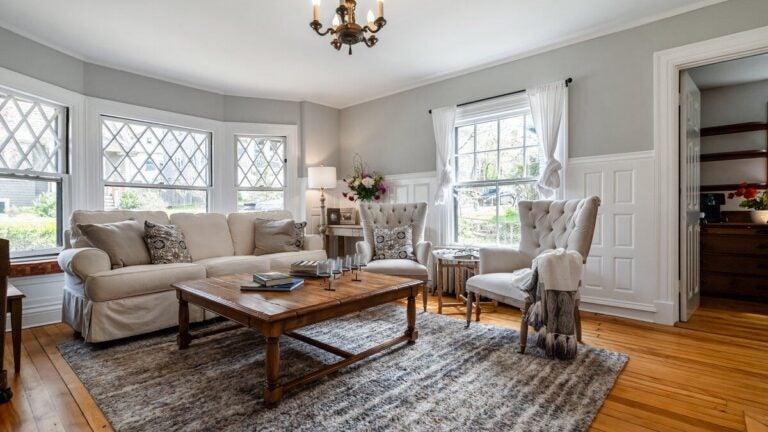
When it comes time to put your home on the market, you’ll likely try to envision it through the eyes of a buyer. Will they bristle at the cherry wood kitchen cabinets? Will the carpeting in the bedrooms be a turnoff?
You may wonder: Should you make any renovations before listing?
“It is the absolute most common question that we get,” said Pamela Bathen, a broker with Oak Realty in Ashland. “People tend to go down a rabbit hole online and think they know what to update.”
The answer depends on a variety of factors, including the area where the home is located, the condition of the property, and if any updates will actually add to the sale price.
“I usually recommend focusing on visible, high-impact areas that buyers immediately notice — kitchens, bathrooms, curb appeal — while also making sure the house is functionally sound,” said Rahel Choi, a realtor with eXp Realty on Newbury Street.
It’s a seller’s market in Greater Boston right now, so forgoing a renovation won’t hurt your chances of a sale. Upgrades could, however, significantly increase the final price.
When to hold off
Deciding if and when to upgrade, along with what updates should be made, is not a one-size-fits-all process. According to Opendoor’s Home Condition Report, homes in better condition close at or above their listing price nearly 10 percent more often than homes that need work, and sell more than 20 percent faster. “That said, the choice between selling as is or upgrading hinges on your moving timeline, selling goals, and local real estate market dynamics,” said Bryson Taggart, Opendoor’s real estate trend expert.
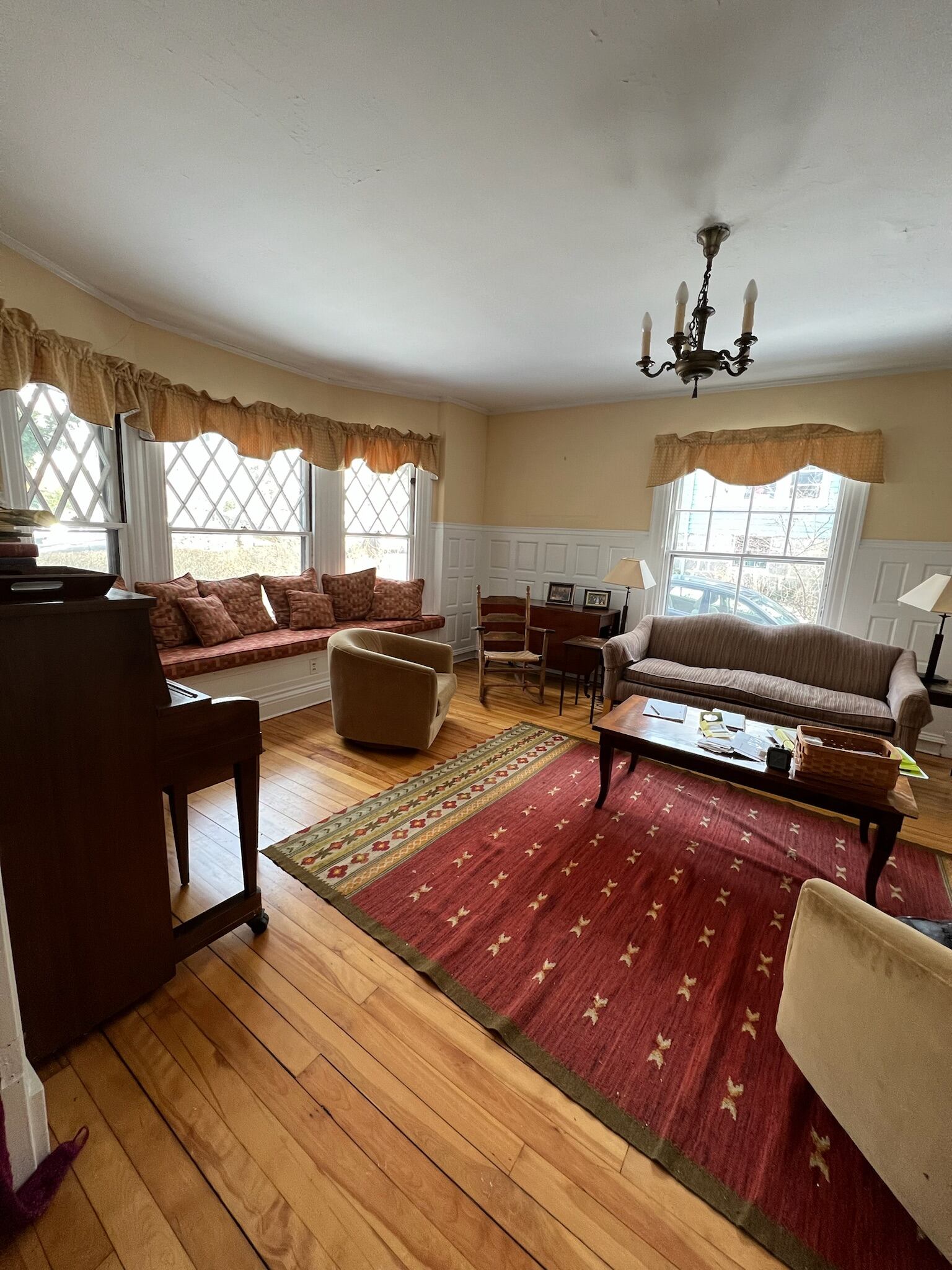
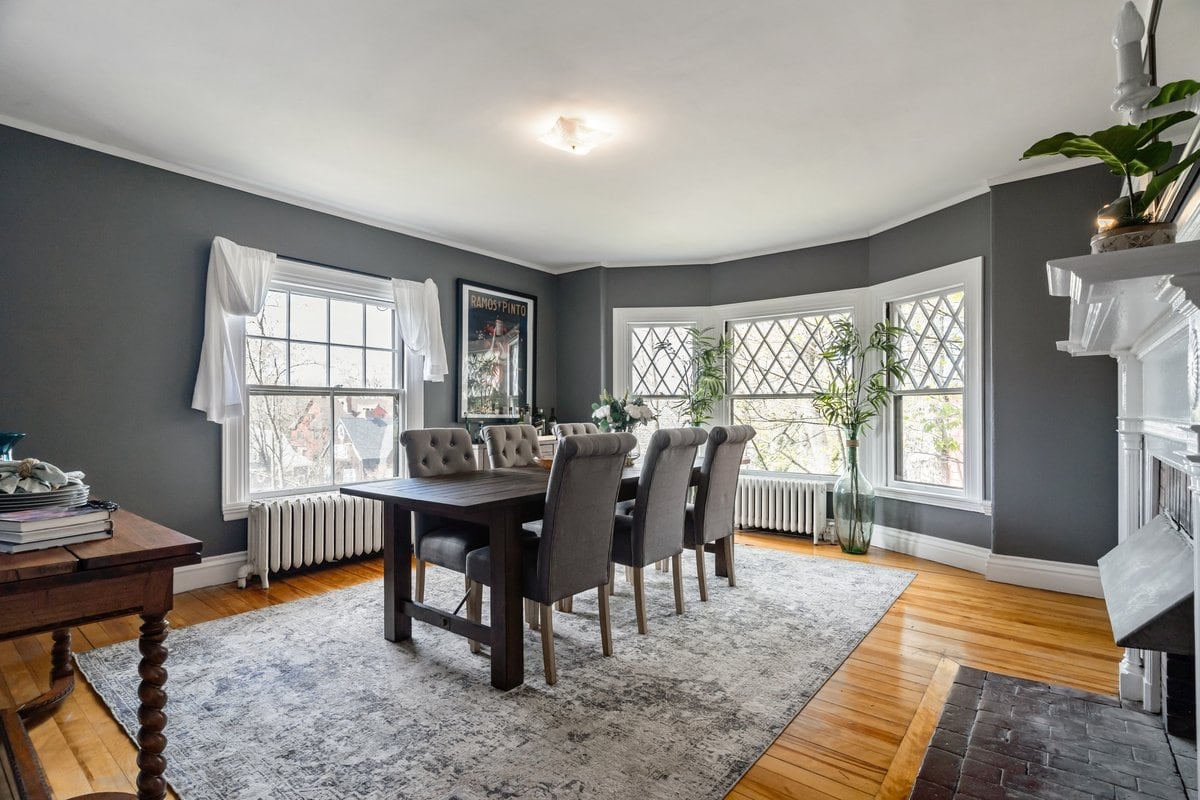
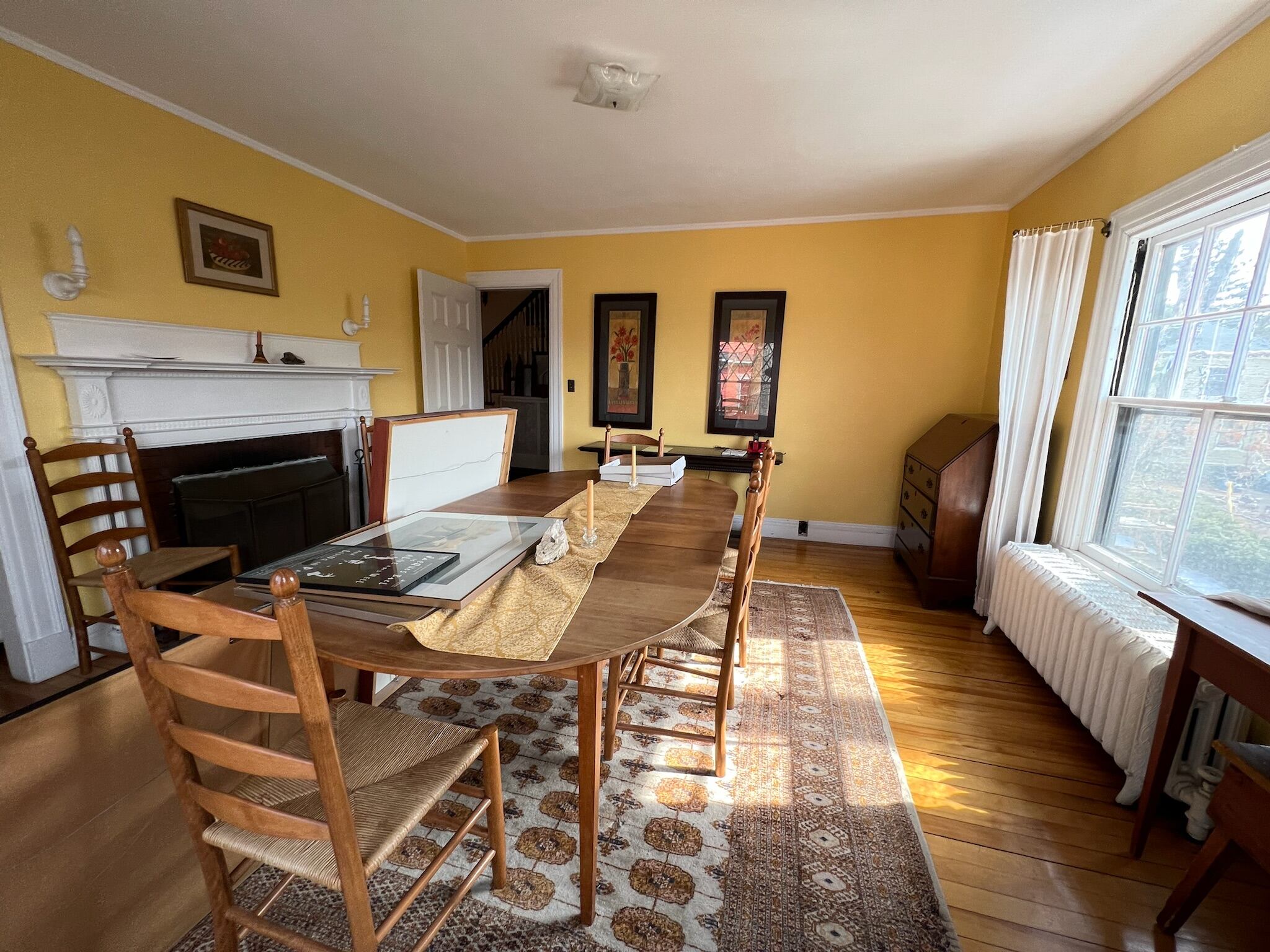
In MetroWest, where Bathen works, there’s one general rule she abides by. “I will say that most of the time we default toward: Everything has to work. You know, the heating, the plumbing, the electrical, the roof — all the basics have to work,” she said. “But it’s rare that we recommend major updates or major renovations just before selling, unless they’re operationally damaged.”
While it may not be worth getting, say, a new roof to impress buyers, there are cases where updated systems can net a moderate return on investment. If the heating system in a home is decades old but the rest of the home features sparkling updates, putting in a higher-end system could boost the sale. “That $10,000 will probably bring you an extra 15,” Bathen said.
If the house is dated and the furnace is on its last leg, it may not be worth fixing. Instead, you can disclose it. “Disclosure is huge in this situation,” she said. “People don’t really get cranky about non-updated things as long as they’re disclosed.”
On the other hand, many sellers want negotiating power, points out Josh Muncey, owner of the Muncey Group in Chestnut Hill. “Let’s say you have a water heater that has a 10-year warranty and is in its 10th or 11th year. You could replace it, but then the buyer will have a home inspection, and sometimes they’re just looking for a win.”
In other words, if the buyer isn’t making a request related to the water heater, they’ll likely make a request about something else. “So holding back a repair like that if you need to make a concession can sometimes be better to have in your back pocket,” Muncey said. “Because it’s not necessarily determining if the buyer falls in love with the home.”
As long as a property is clean, has systems and appliances that work, and generally feels move-in ready, large-scale renovations aren’t make or break. There is one exception to the rule: the luxury market. If a home is listed for more than $2 million, updated systems and a modern kitchen and bathroom are often expected, said the agents.
Where to invest
Just because a renovation isn’t absolutely necessary, making small updates can significantly affect a home’s final sale price. According to the National Association of Realtors’ 2025 Remodeling Impact Report, smaller projects like installing a new steel front door can result in a 188 percent return on investment at the time of resale.
“It’s really about the superficial. We call it the glitter. You know, the granite, the stainless steel, or what have you. What makes a property feel fresh and new,” Muncey said.
The project at the top of the list? Painting the walls. Next comes light cosmetic alterations like swapping out old light fixtures and cabinet hardware.
In some cases, a small refresh can make a huge difference. Recently, Muncey sold a sprawling six-bedroom home in Jamaica Plain, where the previous owners had lived for the past 50 years. It was fairly outdated with an old electrical system, which he estimated put its listing price around $1.1 million. He recommended some purely cosmetic changes — a top-to-bottom paint job, refinishing the floors, brightening the living spaces — to freshen up the place, and listed it at $1,195,000. Close to 10 offers were made, with a final sale price of $1.5 million. A total spend of $40,000 on updates, including home staging, resulted in a sale price that was $300,000 higher than it may have been previously.
“We’re in a seller’s market. You can sell no matter what. It’s easy to convince yourself ‘I don’t need to do it,’” Muncey said. “Do you want to unlock your full equity in the home? Would you make a $10,000 investment if you thought it would net you $50,000? That’s the kind of option we can give people.”
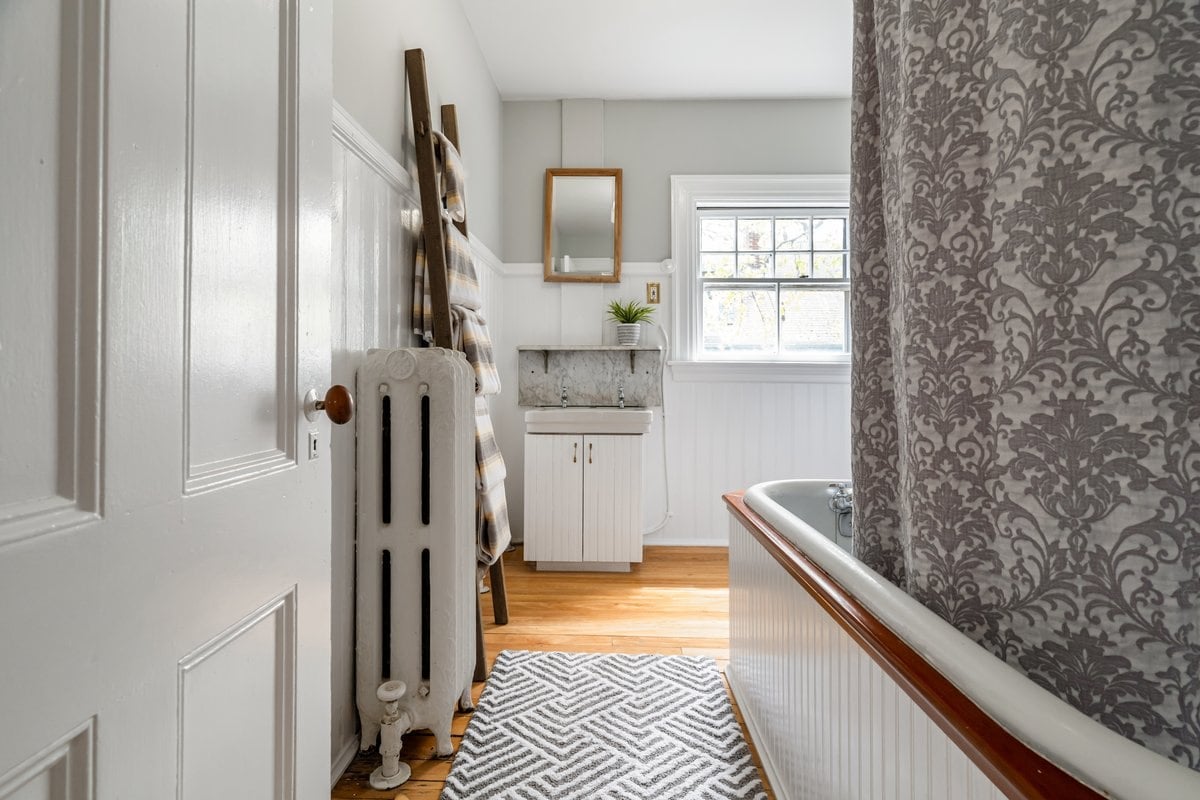
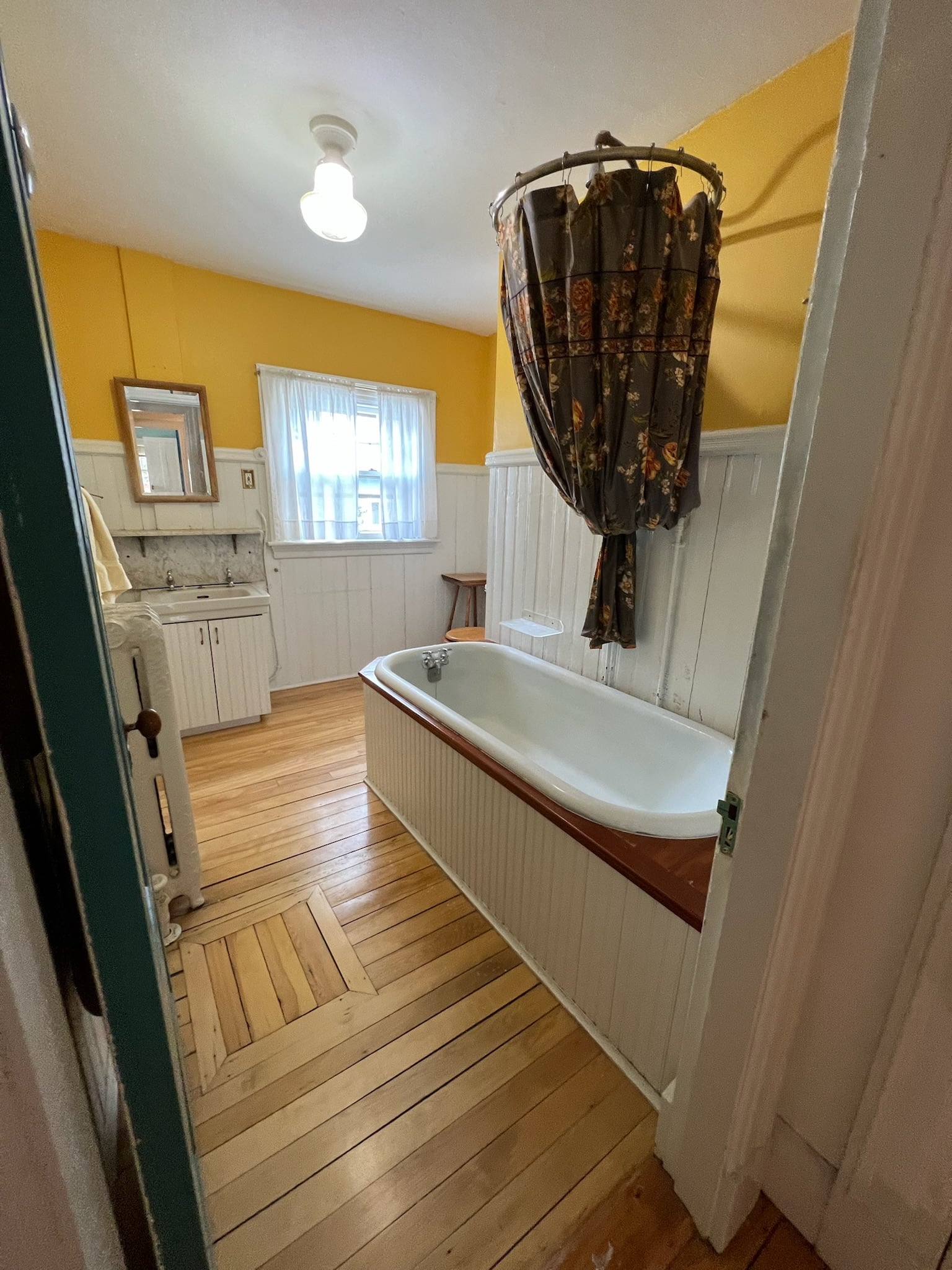
Address Newsletter
Our weekly digest on buying, selling, and design, with expert advice and insider neighborhood knowledge.





